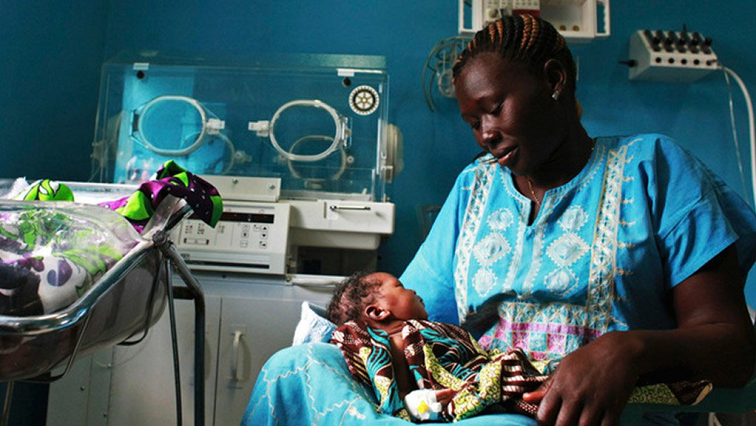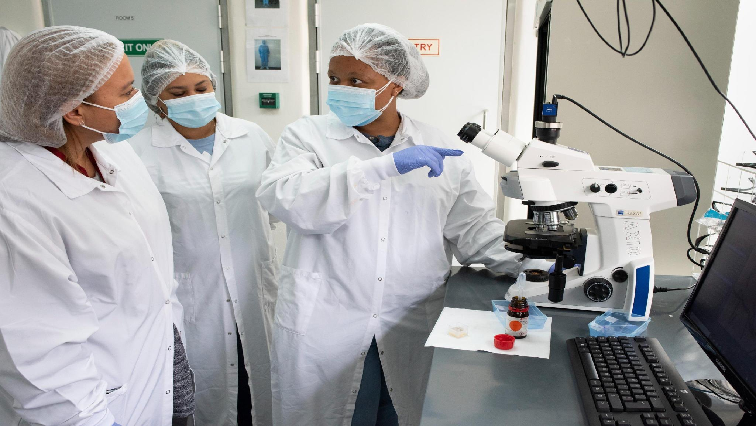As the world celebrates Mother’s Day, the Director-General of the World Health Organisation (WHO) Dr Tedros Ghebreyesus has called for improved antenatal care for women.
Dr Ghebreyesus says that over 800 women die daily from complications related to pregnancy and giving birth. He revealed this as he bid “all brave women bringing life into the world” a happy Mother’s Day on Sunday.
The WHO chief says every woman deserves access to quality health care and safe childbirths.
“No mother should die while giving life,” Dr Ghebreyesus wrote on Twitter.
Happy #MothersDay to all the brave women bringing new lives into the world. Unfortunately, over 800 women die every day due to preventable causes related to pregnancy & childbirth. This must stop! Every woman deserves access to quality health care & safe childbirths #HealthForAll
— Tedros Adhanom Ghebreyesus (@DrTedros) May 10, 2020
WHO says preventing deaths and complications from preterm birth starts with a healthy pregnancy. The organisation has recommended that, in order to ensure this, pregnant women should undergo antenatal care that includes a minimum of eight contacts with health professionals throughout pregnancy to identify and manage risks.
Preventing deaths and complications from preterm birth starts with a healthy pregnancy.
WHO recommends antenatal care that includes a minimum of 8 contacts with health professionals throughout pregnancy to identify and manage risks https://t.co/M9EIOsLRC2#MothersDay pic.twitter.com/IIDVEdKe5B— World Health Organization (WHO) (@WHO) May 10, 2020
Antenatal care in Africa
WHO Africa has raised awareness on maternal health. 99% of maternal deaths occur in developing countries, higher in women living in rural areas poor communities.
The organisation says the achievement of sexual and reproductive health is also a human rights issue.
“Failure to improve sexual and reproductive health has adverse effects as it also relates to numerous health outcomes such as infant and child mortality rates and HIV prevention and care,” the organisation said in a statement.
On #MothersDay, we celebrate all mothers & thank them for the gift of life. Supporting mothers & improving maternal health continues to be one of WHO’s key priorities. ?
We also thank #midwives for their indispensable support to mothers. https://t.co/AAFD7OB8ZT pic.twitter.com/DsIBJX7RDs
— WHO African Region (@WHOAFRO) May 10, 2020
It says that the biggest causes of maternal morbidity and mortality are haemorrhage, infection, high blood pressure, unsafe abortion and obstructed labour.
Africa has large intraregional disparities in terms of coverage of basic maternal health interventions like antenatal care. While Southern Africa reported almost universal coverage in 2010, in West Africa, about one third of pregnant women did not receive antenatal care visits.
Early child bearing has also been listed as contributing factor to maternal morbidity and mortality. It also decreases the young mother’s chances of attaining an education, further putting more strain on attempts to eradicate poverty in Africa.
Africa still leads globally with birth rates among adolescents. There are approximately 120 births per 1 000 adolescent women in the continent.
“Increased access to safe, affordable and effective methods of contraception has provided individuals with greater choices and opportunities for responsible decision-making in reproductive matters. Increased funding in maternal health services is key to achieving the 2015 Millennium Development Goals” the organisation said.






